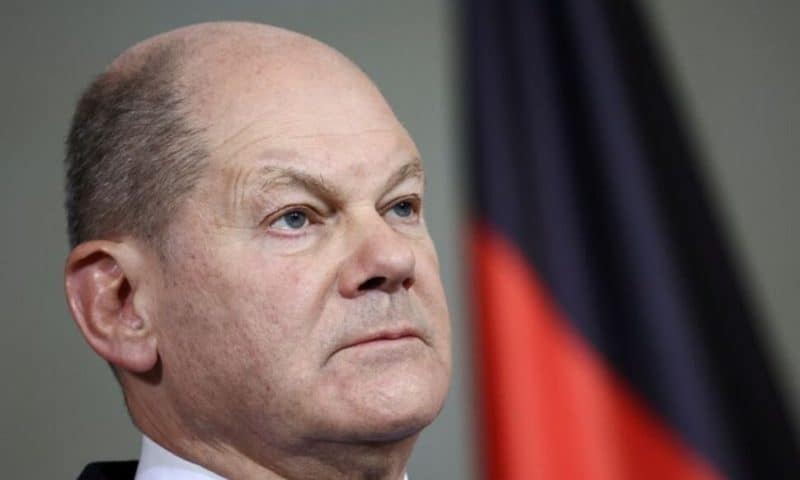BERLIN – Chancellor Olaf Scholz’s coalition, racing to finalise a 2024 budget draft that was delayed by a court ruling, has made unexpected changes, including modifying plans to cut subsidies for agriculture after a backlash from farmers.
The changes will result in 2.5 billion euros ($2.7 billion) less in savings than initially anticipated, but will not affect plans to adopt the budget at the start of February, a government spokesperson said.
The revisions follow weeks of haggling over how to fill a 17 billion euro gap in the budget after a November court ruling threw the government’s financing framework into turmoil.
The gradual phase-out of agricultural diesel subsidies, the postponement of a plastic levy and additional funds for the national railway were among the changes the government announced on Thursday following an agreement between Scholz, Economy Minister Robert Habeck and Finance Minister Christian Lindner.
“We have been talking to each other intensively again in the last few days because we can see the burden on farmers,” Habeck said.
“Counter-financing has been found” for the amended plan, he added.
Rather than abruptly ending the farmers’ tax break on agricultural diesel, the subsidy will be reduced by 40% this year, by 30% in 2025, and will end from 2026.
The abolition of preferential treatment in vehicle tax for forestry and agriculture is also no longer planned, the government spokesperson said.
“Together we have found a solution that avoids a disproportionate burden being put on the agricultural and forestry industry,” Agriculture Minister Cem Oezdemir said.
Hundreds of farmers protested in central Berlin last month at the prospect of losing the tax break and the president of the German Farmers’ Association (DBV) said the changes were not enough.
“This can only be a first step. Our position remains unchanged: both proposals for cuts must be taken off the table,” said Joachim Rukwied. “This is clearly also about the future viability of our industry and the question of whether domestic food production is still desirable at all.”
Nearly a third of the remaining spending gap from Thursday’s proposed changes is to be compensated for by making proceeds from 2023 off-shore wind projects available for the 2024 budget.
Additional cuts at the agriculture ministry and the “leeway resulting from updated economic and budgetary data in the federal budget” will cover the rest, the statement said.

